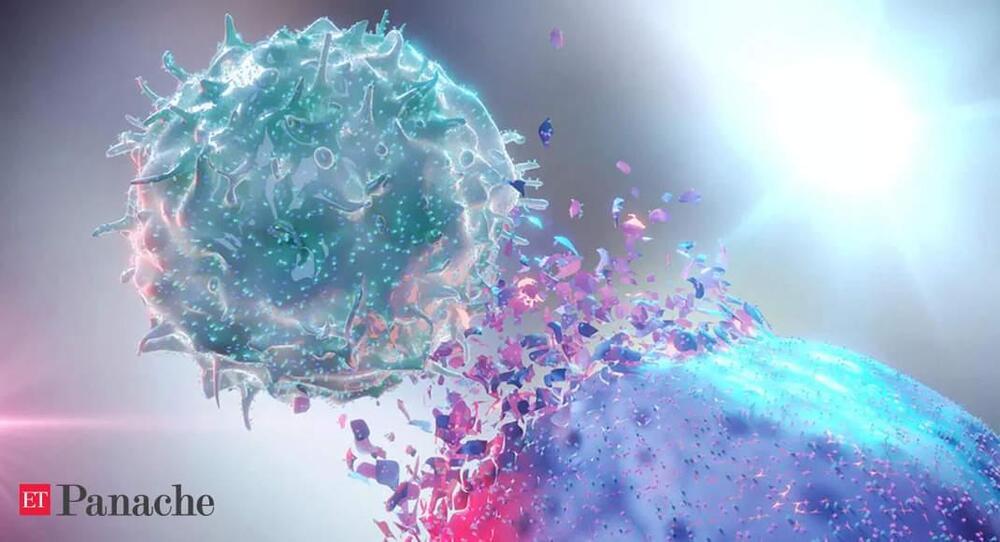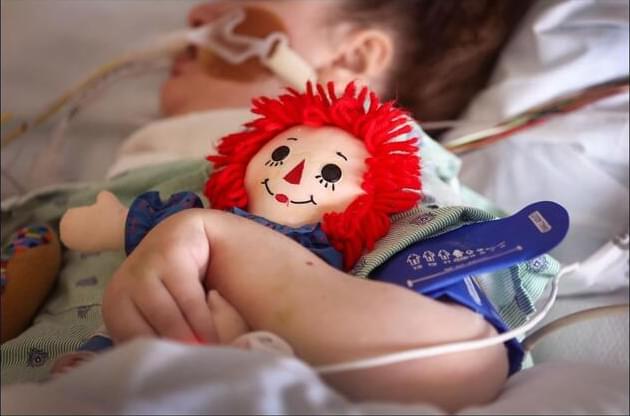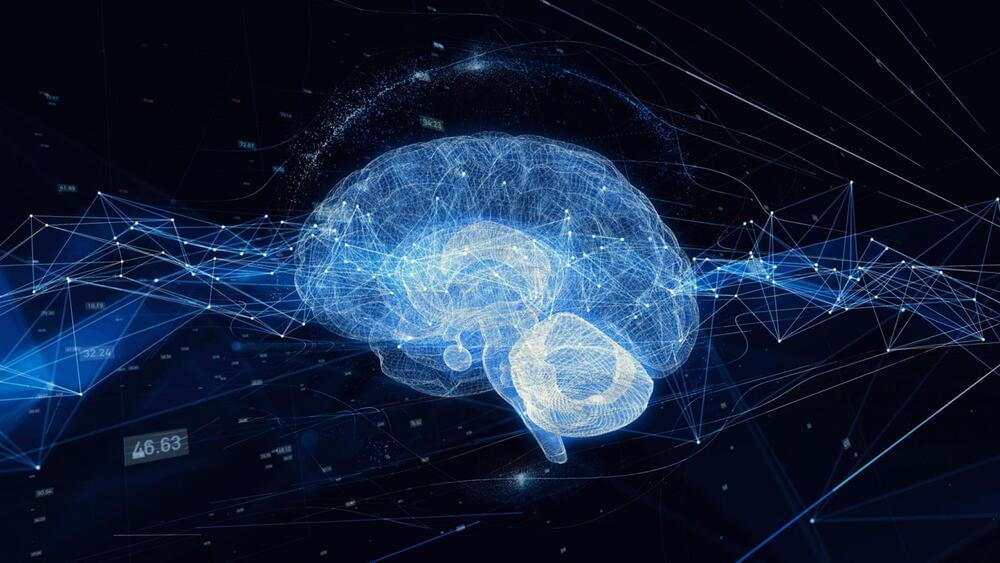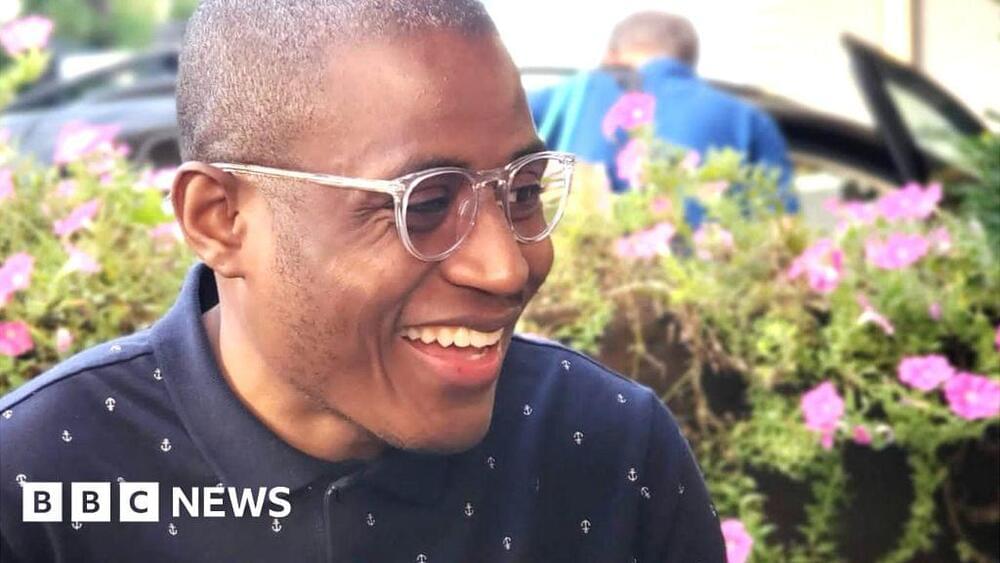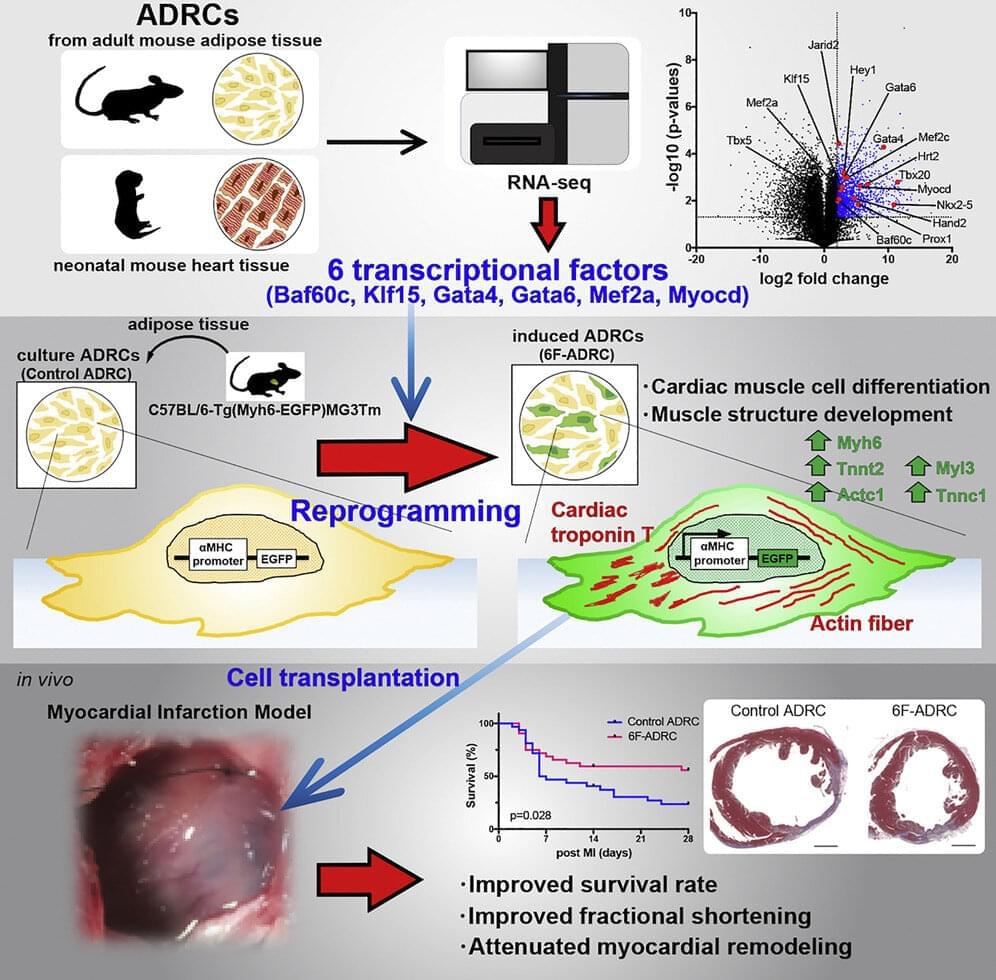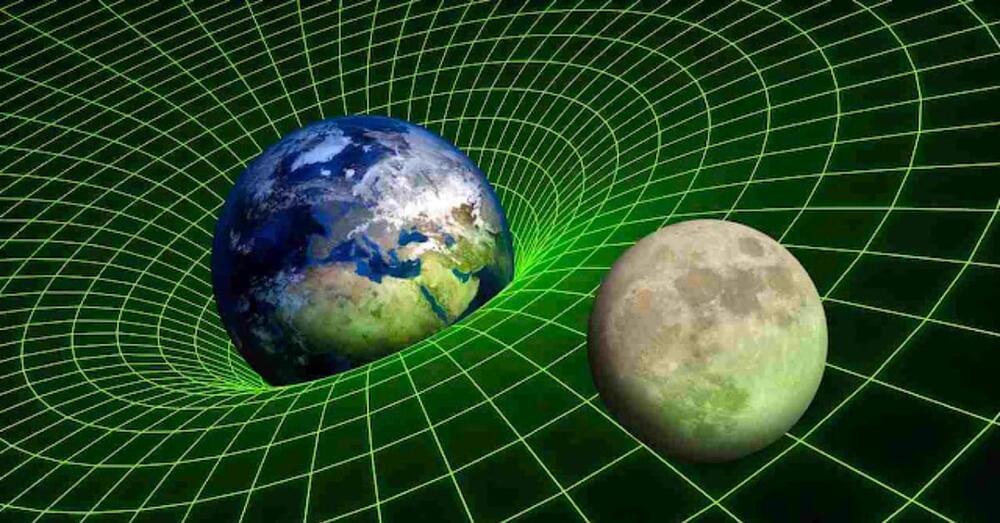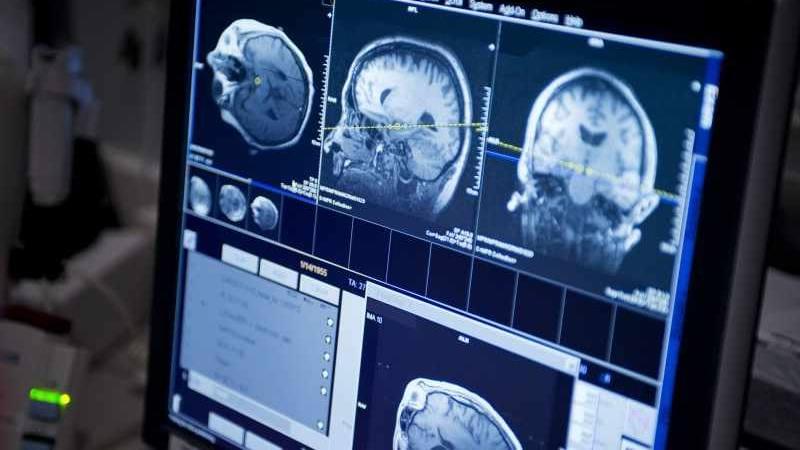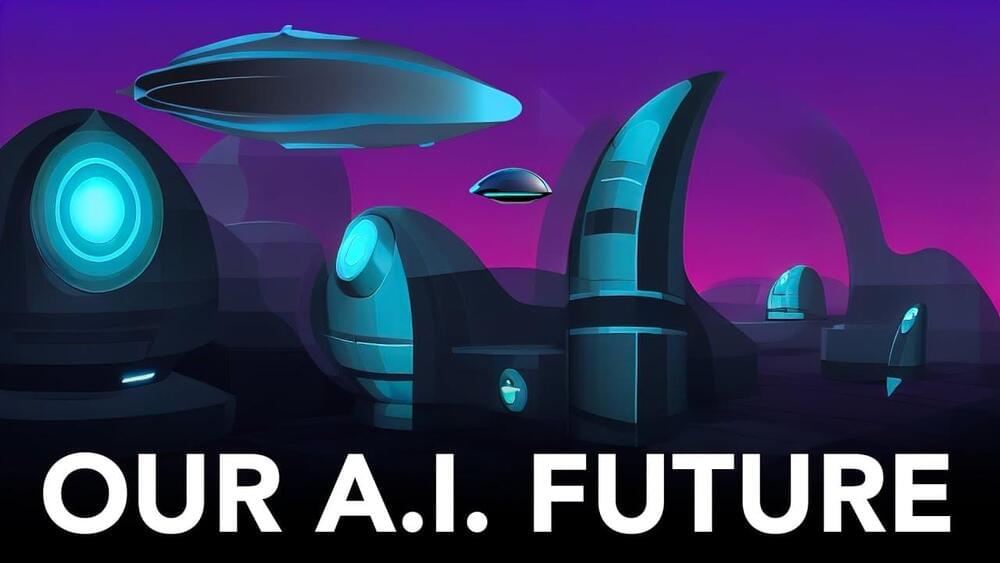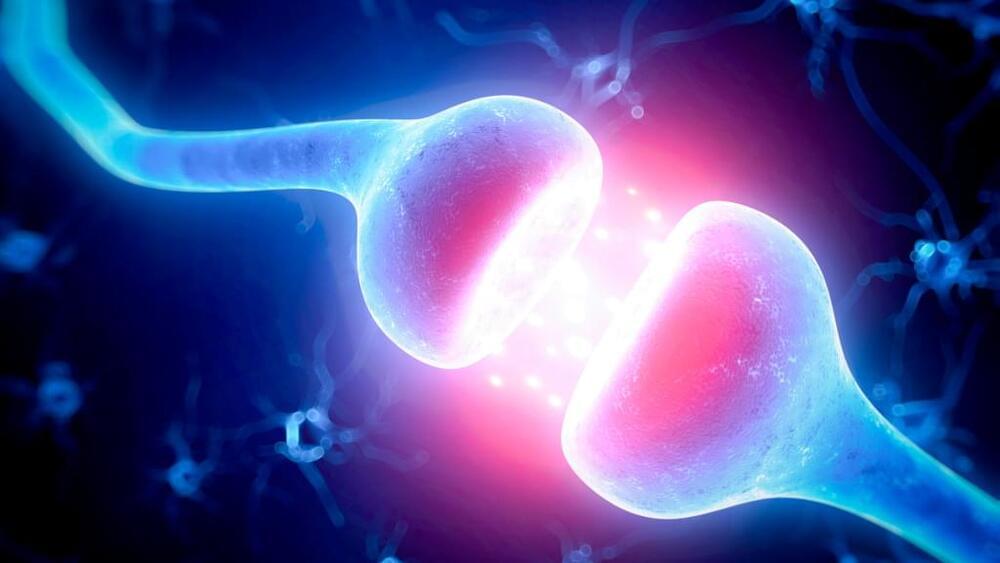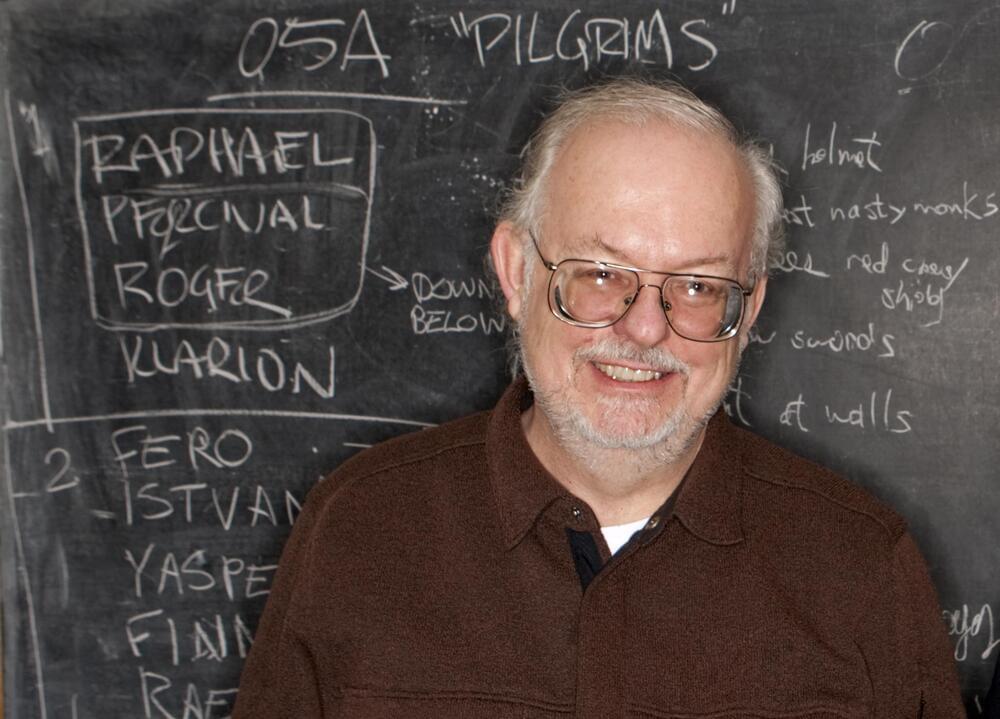Nov 21, 2022
Immunotherapy can be critical to treatment of different types of cancer, claim research
Posted by Shubham Ghosh Roy in category: biotech/medical
Washington, Scientists have found a novel immunotherapy that could bolster the effectiveness of cancer treatment, according to a study. Rather than rally T cells against cancer, scientists have used different human immune cells called natural killer (NK) cells as a novel means to fight cancer, according to a study.
The team of scientists at Albert Einstein College of Medicine described findings that could boost the impact of immune-checkpoint therapy, the study said. Findings have been published in The Journal of Clinical Investigation (JCI).
Immune checkpoint inhibitors such as Keytruda and Opdivo work by unleashing the immune system’s T cells to attack tumour cells. Their introduction a decade ago marked a major advance in cancer therapy, but only 10 per cent to 30 per cent of treated patients experience long-term improvement, the study said.
